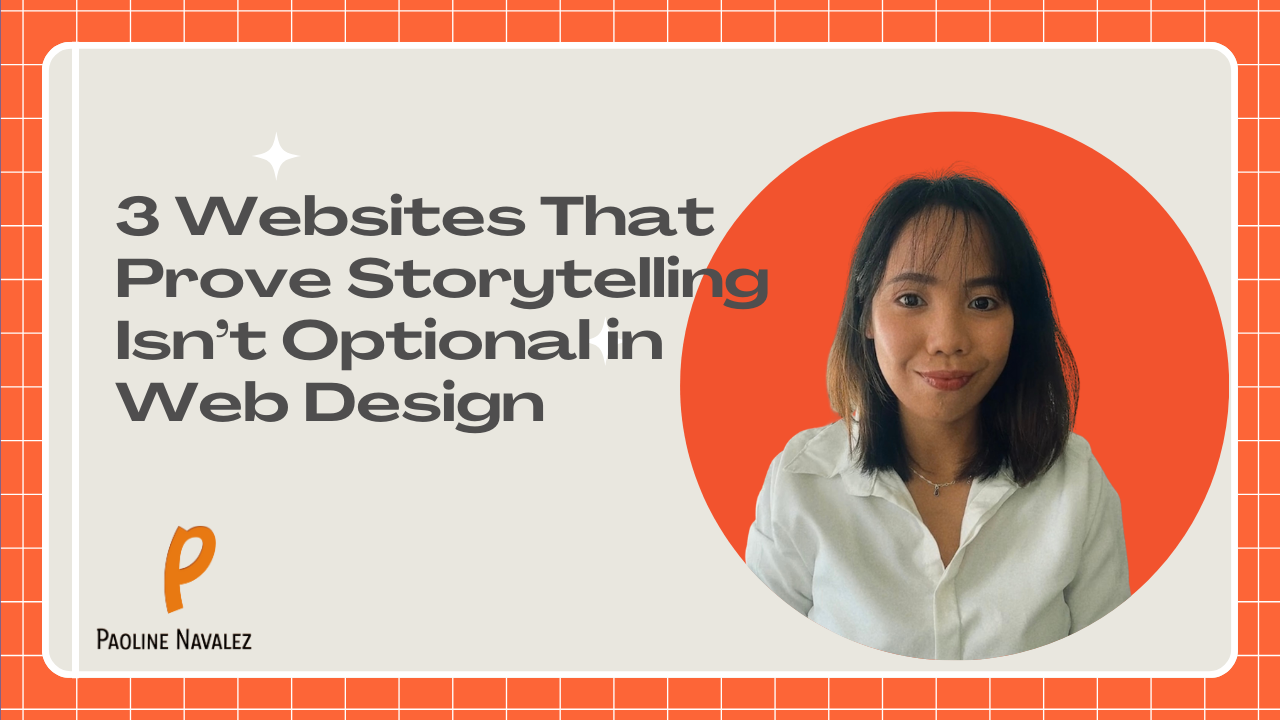
Building a website is no longer optional — it’s one of the first things people look at when they want to learn more about you or your business. But with so many website builders out there, how do you pick the right one?
We’ve tested and worked with multiple tools, and Webflow has become our go-to. Why? It hits the sweet spot between creative control and technical freedom.
Still, every tool has its strengths — and what works for one business might not work for another.
Let’s break down Webflow, Wix, and WordPress — no fluff, just the good, the bad, and who they’re best for.
⸻
Webflow: Creative Control Meets Clean Code
What it is:
Webflow is a visual builder that gives you full control over how your website looks and behaves — without needing to write code (unless you want to).
Pros:
• Design freedom: Pixel-perfect layout control. Your site doesn’t have to look like a template.
• Built-in CMS: Great for dynamic content (like blogs, listings, or portfolios).
• Developer-friendly: Exports clean HTML, CSS, and JavaScript.
Cons:
• Learning curve: It takes time to get used to — especially if you’re not used to design tools.
• Pricing: More expensive than Wix or WordPress for advanced features.
Best for:
Designers, developers, and brands that want a polished, custom site when establishing their brand online
⸻
Wix: Simple Setup, Fast Launch
What it is:
Wix is known for its drag-and-drop ease. It’s designed for people who want to get a site live fast, without worrying too much about design details or tech setup.
Pros:
• User-friendly: Anyone can build a site in a few clicks.
• All-in-one: Hosting, templates, tools — it’s all there.
• AI help: Wix ADI can build a starter site for you in minutes.
Cons:
• Limited design freedom: Great for quick builds, but not ideal for custom layouts.
• Template lock-in: Switching templates means starting from scratch.
Best for:
Small business owners or freelancers who want a basic site without the tech headache.
⸻
WordPress: The OG with Endless Options
What it is:
WordPress is a powerful open-source CMS used by over 40% of the web. It’s incredibly flexible — but that also means it can get a bit overwhelming.
Pros:
• Customizable: Thousands of plugins and themes for any kind of site.
• Scalable: Great for content-heavy or high-traffic websites.
• Community: Tons of support, tutorials, and freelancers to help.
Cons:
• Maintenance required: You’ll need to handle updates, backups, and security.
• More setup time: Hosting, themes, plugins — there’s a lot to manage.
Best for:
Bloggers, publishers, or businesses with complex content needs (and time to manage it).
⸻
Final Thoughts: Which One’s Right for You?

Still unsure? That’s normal. Each builder has trade-offs, and it all comes down to your goals, your tech comfort, and how hands-on you want to be.
At Paoline Navalez Studio, we specialize in Webflow because it gives our clients modern design, speed, and long-term control — all in one place. But if you’re unsure where to start, we’re happy to walk you through it.
Need help picking the right platform for your next site?
Let’s chat — I’ll help you figure out what fits you best.




